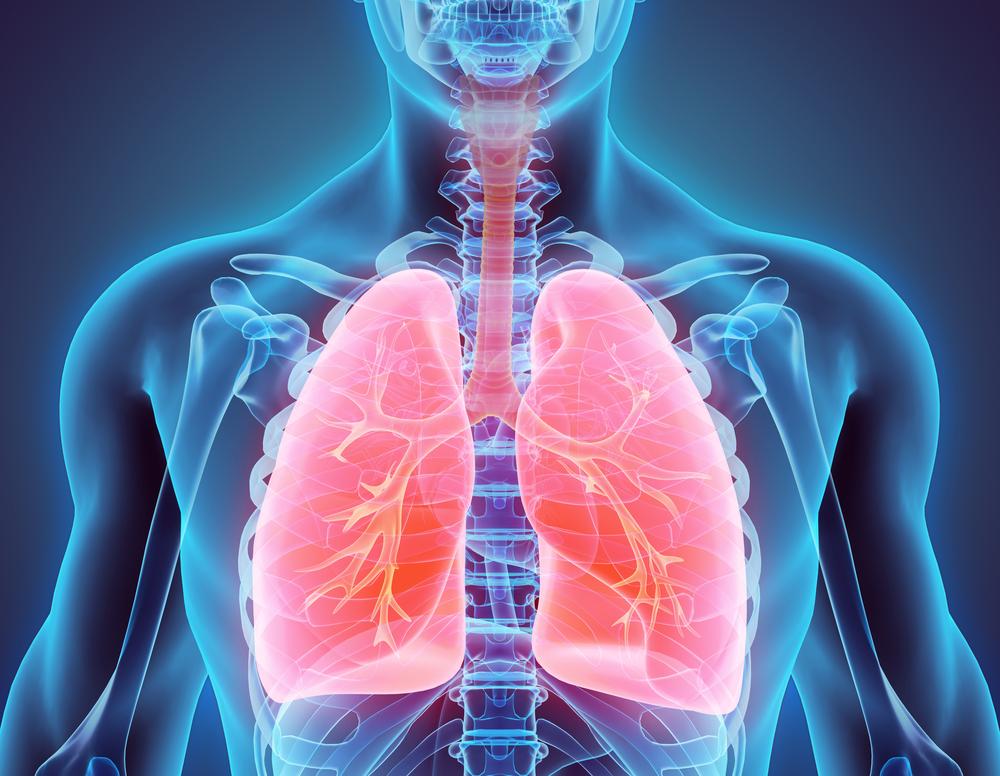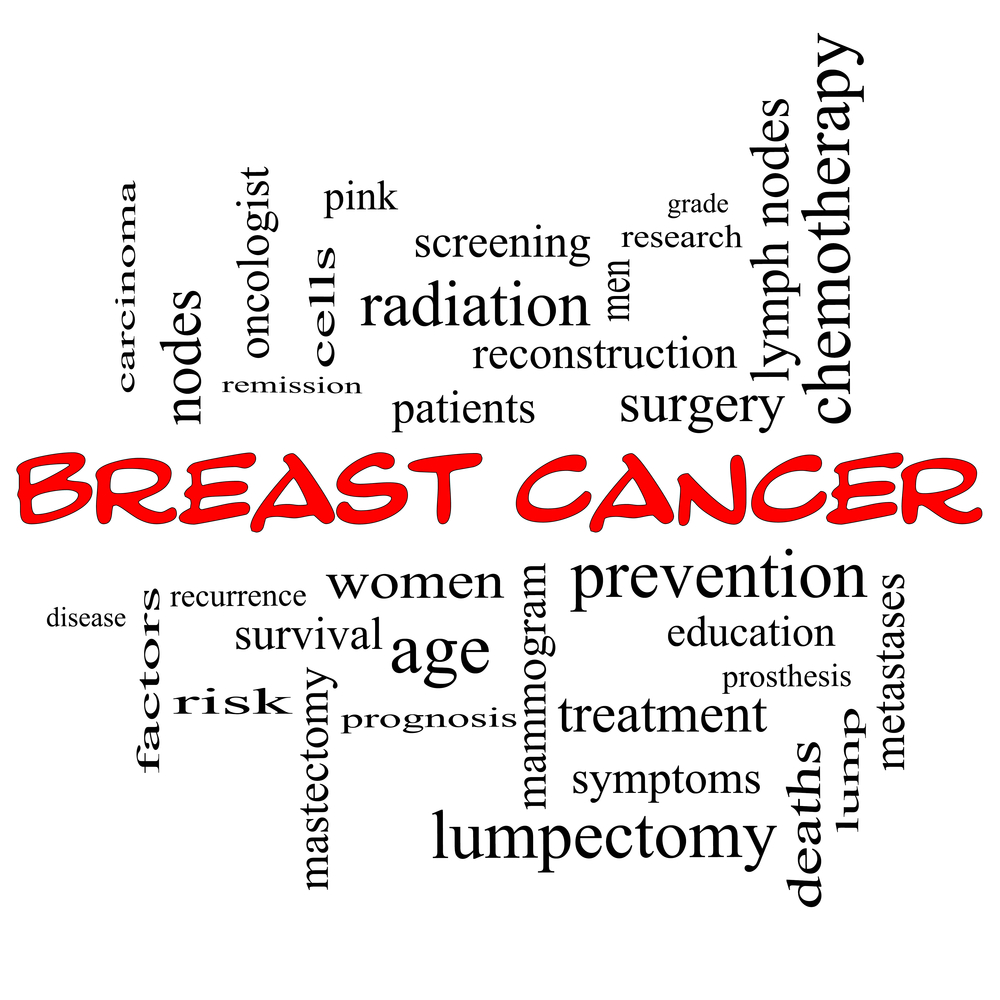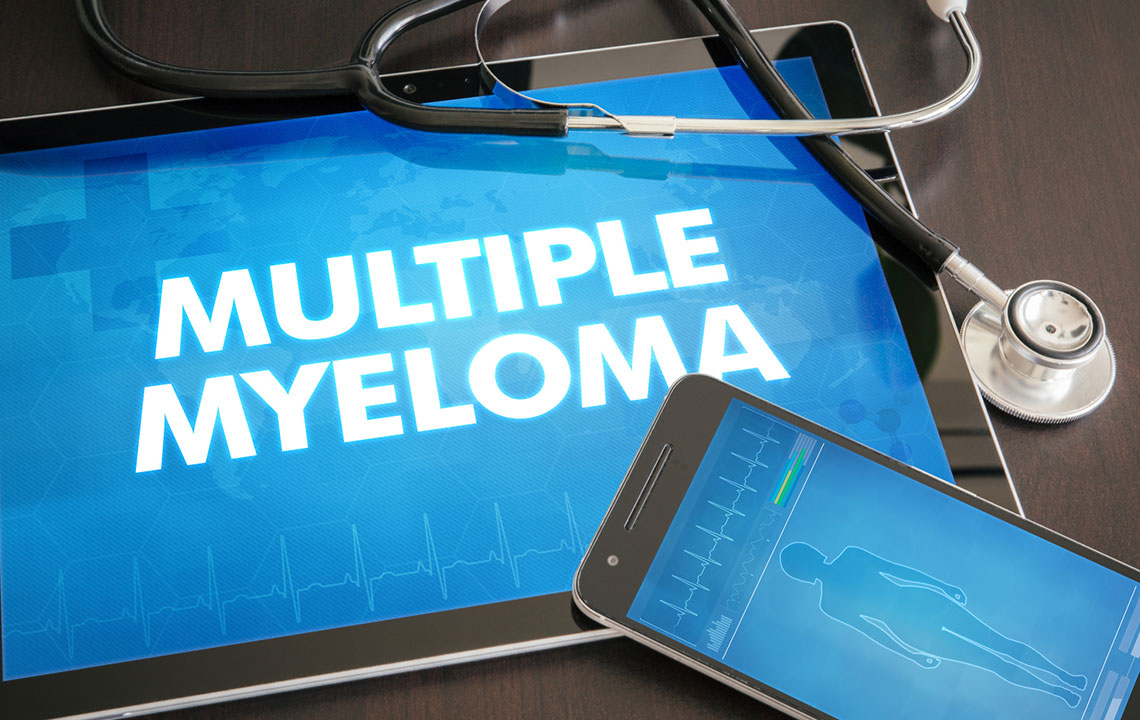Comprehensive Guide to Chemotherapy and Its Vital Role in Cancer Treatment
Chemotherapy plays a crucial role in cancer treatment, targeting malignant cells to cure, control, or alleviate symptoms. This comprehensive guide explores drug selection, dosing, scheduling, and personalized treatment adjustments, ensuring optimal outcomes. Combining chemotherapy with other therapies enhances effectiveness, especially in metastatic cancer cases. Advances in targeted therapies and supportive care continue to improve tolerability and success rates. Understanding the complexities of chemotherapy helps patients and healthcare providers make informed decisions, leading to better management of this challenging disease. Stay updated with latest treatments for optimal care.

Understanding the Vital Role of Chemotherapy in Combating Cancer
Chemotherapy remains one of the most widely used and effective treatments in the fight against cancer. This powerful therapeutic approach involves the use of specially designed drugs that target and destroy cancerous cells throughout the body. Its primary goals include curing the disease, controlling tumor growth, prolonging survival, and alleviating symptoms caused by a tumor, especially in advanced stages. When cancer spreads beyond its initial region—what is known as metastasis—chemotherapy often becomes a crucial component of a multidisciplinary treatment plan. Combining chemotherapy with other therapies like surgery, radiation therapy, and immunotherapy can significantly enhance patient outcomes.
Key considerations in the planning and administration of chemotherapy encompass several critical factors:
1. Choosing the Appropriate Chemotherapy Drugs
The selection of specific chemotherapy agents depends on multiple considerations, including the type of cancer, its progression stage, and the biological characteristics of the tumor. Additionally, factors such as the patient’s overall health status, age, co-existing medical conditions, and previous treatments influence drug choice. For example, certain cancers like lymphomas might respond well to combination chemotherapy, while others like prostate cancer may require different regimens. Oncologists stay updated with the latest clinical research to select the most effective drug combinations tailored to each patient's unique needs.
2. Accurate Determination of Chemotherapy Dosage
Administering the correct dose of chemotherapy drugs is vital to ensure efficacy while minimizing adverse effects. Dose calculations are primarily based on body surface area (BSA), though other factors such as kidney and liver function, blood counts, and patient tolerability are also considered. Too high a dose can cause severe toxicity, leading to complications like severe fatigue, nausea, hair loss, or infections, whereas too low a dose might not effectively eliminate cancer cells. Therefore, ongoing monitoring and dose adjustments are integral parts of chemotherapy management.
3. Structuring Treatment Schedules
Chemotherapy is typically given in cycles—periods of treatment followed by rest periods—allowing healthy tissues to recover. The duration and frequency of these cycles vary depending on the type of cancer and the specific treatment protocol. For example, some regimens involve weekly doses, while others are administered every three weeks. The timing aims to maximize tumor cell kill rates while reducing the risk of severe side effects. Healthcare teams meticulously plan and constantly reassess schedules based on patient response and side effect profiles.
4. Individualizing and Adjusting Treatment Plans
Patients' reactions to chemotherapy can vary significantly. Severe side effects may necessitate modifications to the treatment protocol, such as lowering doses or switching drugs. Supportive medications, including anti-nausea drugs, growth factors to boost blood cell production, and hydration therapies, are routinely used to alleviate symptoms and improve tolerability. Close monitoring through blood tests and clinical assessments allows healthcare providers to adapt treatment plans swiftly, ensuring both the safety and effectiveness of cancer therapy.
Beyond the technical aspects, effective communication between patients and the healthcare team is essential. Patients need comprehensive information about the treatment process, potential side effects, and supportive care options. Advances in chemotherapy drugs and supportive care have made these treatments more tolerable and effective, ultimately improving the quality of life for many cancer patients.
The continuous development of targeted therapies and personalized medicine aims to further refine chemotherapy, making it more precise, less toxic, and more effective in eradicating cancer cells. As research progresses, the role of chemotherapy remains pivotal in the multidisciplinary approach to cancer management, offering hope to millions worldwide battling this complex disease.Overall, understanding the intricacies of chemotherapy—its planning, administration, and supportive care—can empower patients and clinicians alike. Staying informed about the latest advances and best practices ensures that chemotherapy continues to be a cornerstone in the ongoing fight against cancer, saving lives and improving outcomes every day.





